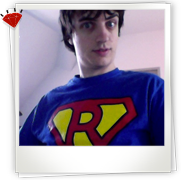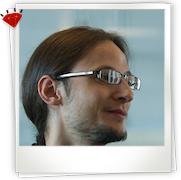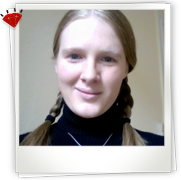Transforming your data with Ruby and ActiveWarehouse-ETL
Thibaut Barrère from LoGeek
This talk will show how to use ActiveWarehouse-ETL to extract, transform and move your data around in Ruby, and what other people do in real life with this toolkit.
1# Beginner guide to ActiveWarehouse-ETL
- Gem presentation (concepts etc)
- Beginner examples of data processing
2# Real-life examples all in Ruby:
- Extracting data from a CRM to build a metrics dimensional dashboard (business intelligence)
- Extracting and geocoding places before publishing a map on the web
- Adapting data for consumption by COBOL systems
- Cleaning and extending the CRM
- Extracting only what changed (aka Change Data Capture)
Thibaut Barrère is a Ruby freelancer since 2005, doing data processing on a regular basis since then too.
He is also bootstrapping a Rails-based SaaS product WiseCashHQ.



















